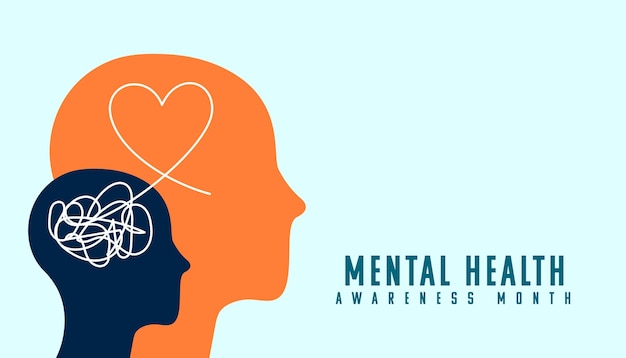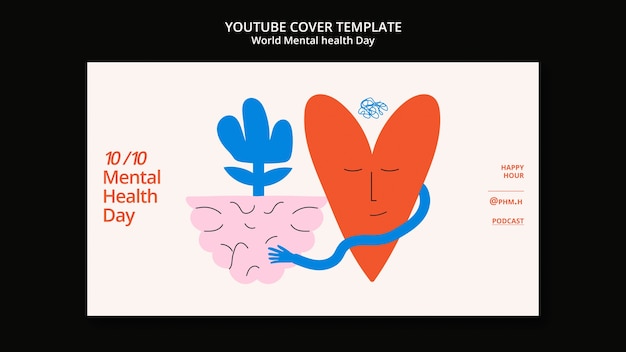Schizophrenia is one of the most misunderstood and stigmatized mental health conditions in the world. Affecting approximately 1% of the global population, it disrupts how a person thinks, feels, and perceives reality. Despite advances in treatment and growing awareness, myths and fear still surround the disorder. This article explores what it’s truly like to live with schizophrenia, the latest in treatment approaches, and how individuals and families are challenging stigma every day.
Schizophrenia is not a split personality or a sign of personal weakness. It is a chronic brain disorder that typically emerges in late adolescence or early adulthood. Symptoms are generally categorized into three types: positive, negative, and cognitive.
Positive symptoms include hallucinations (seeing or hearing things that aren’t there), delusions (strongly held false beliefs), and disorganized thinking or speech. Negative symptoms involve a reduction in emotional expression, lack of motivation, and social withdrawal. Cognitive symptoms affect memory, attention, and the ability to plan or make decisions.

Living with schizophrenia is a daily challenge that extends beyond managing symptoms. Many describe the experience as feeling disconnected from reality, struggling to trust their own thoughts, or fearing judgment from others. Simple tasks like going to work, maintaining relationships, or even leaving the house can become overwhelming.
One common thread among individuals is the fear of stigma. Misconceptions that people with schizophrenia are dangerous or unpredictable lead to social isolation, discrimination, and reluctance to seek help. In reality, most people with schizophrenia are not violent and are more likely to be victims of crime than perpetrators.
Family members also face emotional and practical challenges. Caregivers often become advocates, helping navigate healthcare systems, manage medications, and provide emotional support. The journey is not linear—relapses can occur, but with proper treatment, many individuals achieve stability and lead fulfilling lives.
Treatment for schizophrenia is most effective when it’s personalized and comprehensive. The cornerstone of care is antipsychotic medication, which helps reduce or eliminate symptoms like hallucinations and delusions. These medications have evolved significantly, with newer ‘atypical’ antipsychotics offering fewer side effects than older options.
However, medication alone is rarely enough. Psychosocial interventions play a crucial role. Cognitive behavioral therapy (CBT) tailored for psychosis helps individuals challenge distorted thoughts and develop coping strategies. Family therapy improves communication and reduces stress at home, which can lower the risk of relapse.

Supported employment and education programs help people return to work or school, fostering independence and self-worth. Assertive Community Treatment (ACT) teams provide intensive, multidisciplinary support for those with severe symptoms, offering services directly in the community.
Research shows that early diagnosis and treatment significantly improve long-term outcomes. The period before full psychosis develops—known as the prodromal phase—may involve subtle changes in behavior, mood, or thinking. Recognizing these signs and accessing care early can delay or even prevent the onset of full-blown schizophrenia in some cases.
Early intervention programs often combine low-dose medication, therapy, and family support. These services are especially vital for adolescents and young adults, helping them stay on track with education and social development.
Stigma remains one of the biggest barriers to recovery. Public education and personal storytelling are powerful tools in changing perceptions. When individuals speak openly about their experiences, it humanizes the condition and challenges stereotypes.
Peer support groups—led by people with lived experience—provide safe spaces for sharing and encouragement. These networks foster resilience and reduce feelings of isolation. Mental health campaigns and media representation also play a role in shaping a more accurate and compassionate understanding of schizophrenia.

Ongoing research is exploring new treatment avenues, including digital therapeutics, brain stimulation techniques, and personalized medicine based on genetic profiles. Scientists are also investigating the role of inflammation, stress, and environmental factors in the development of schizophrenia.
While there is no cure yet, the outlook for people with schizophrenia is improving. With the right support, many manage their symptoms effectively, rebuild relationships, and pursue meaningful goals. Recovery is not about eliminating the illness, but about living a life of purpose and dignity despite it.
Schizophrenia is a complex and often devastating condition, but it does not define a person. Through compassionate care, evidence-based treatments, and societal change, individuals can thrive. By listening to lived experiences, supporting research, and challenging stigma, we move closer to a world where mental health is treated with the same urgency and empathy as physical health.
Understanding schizophrenia is the first step toward acceptance, support, and healing.

Health

Health

Health

Health

Health

Health

Health

Health

Health

Health

Health

Health

Health

Fitness

Health

Health